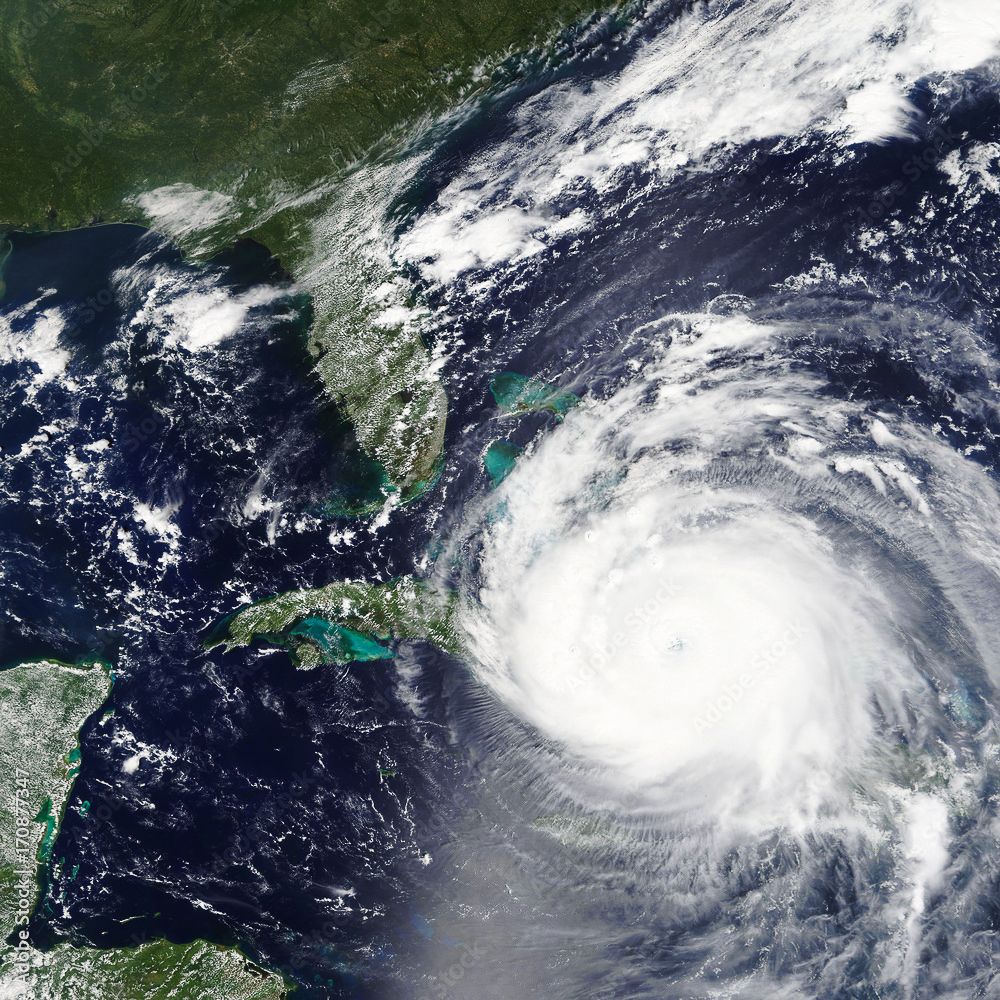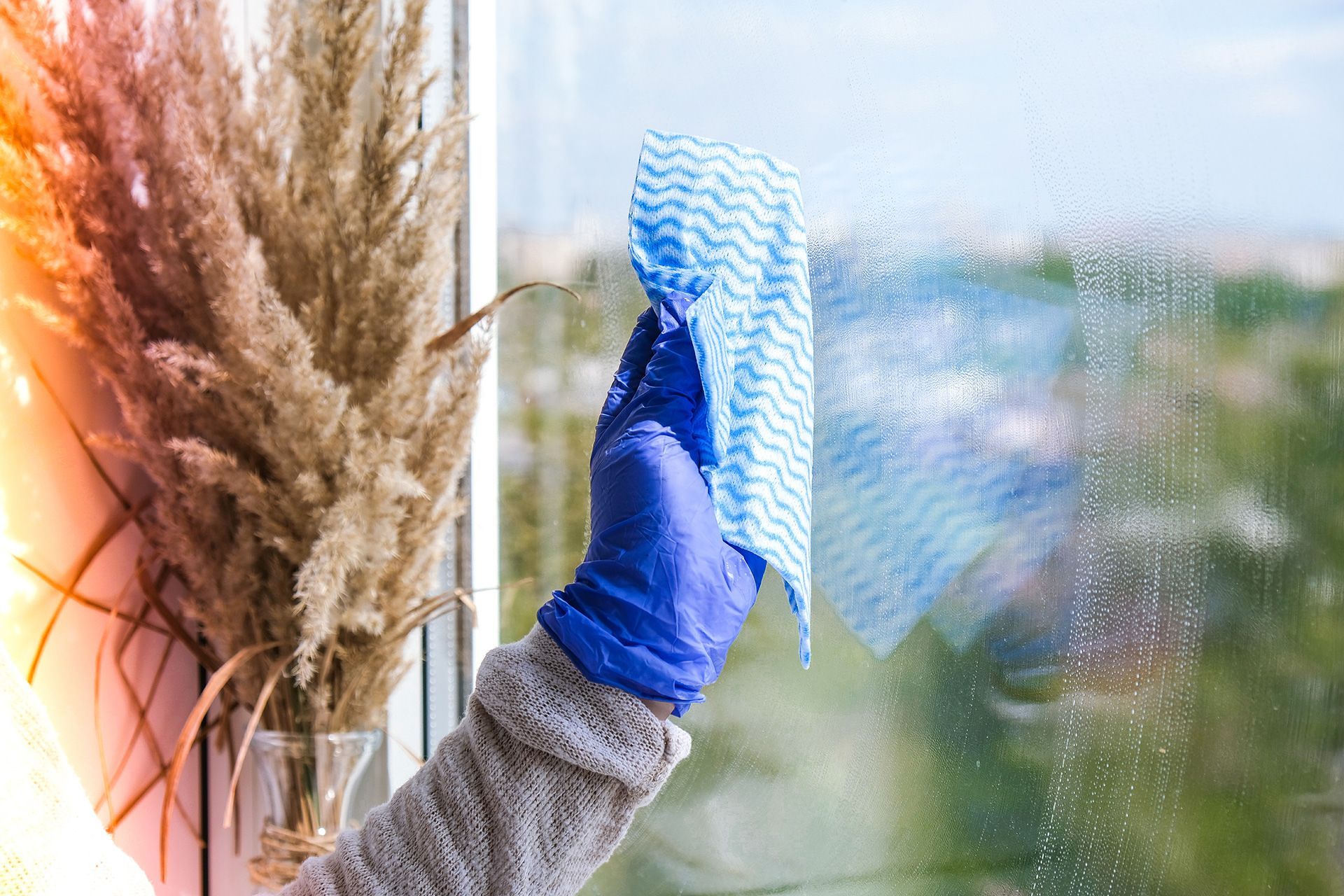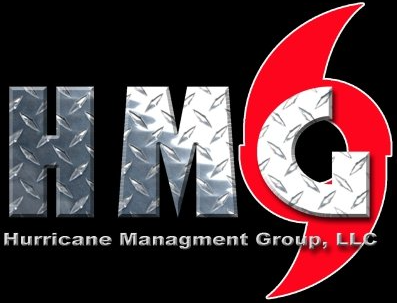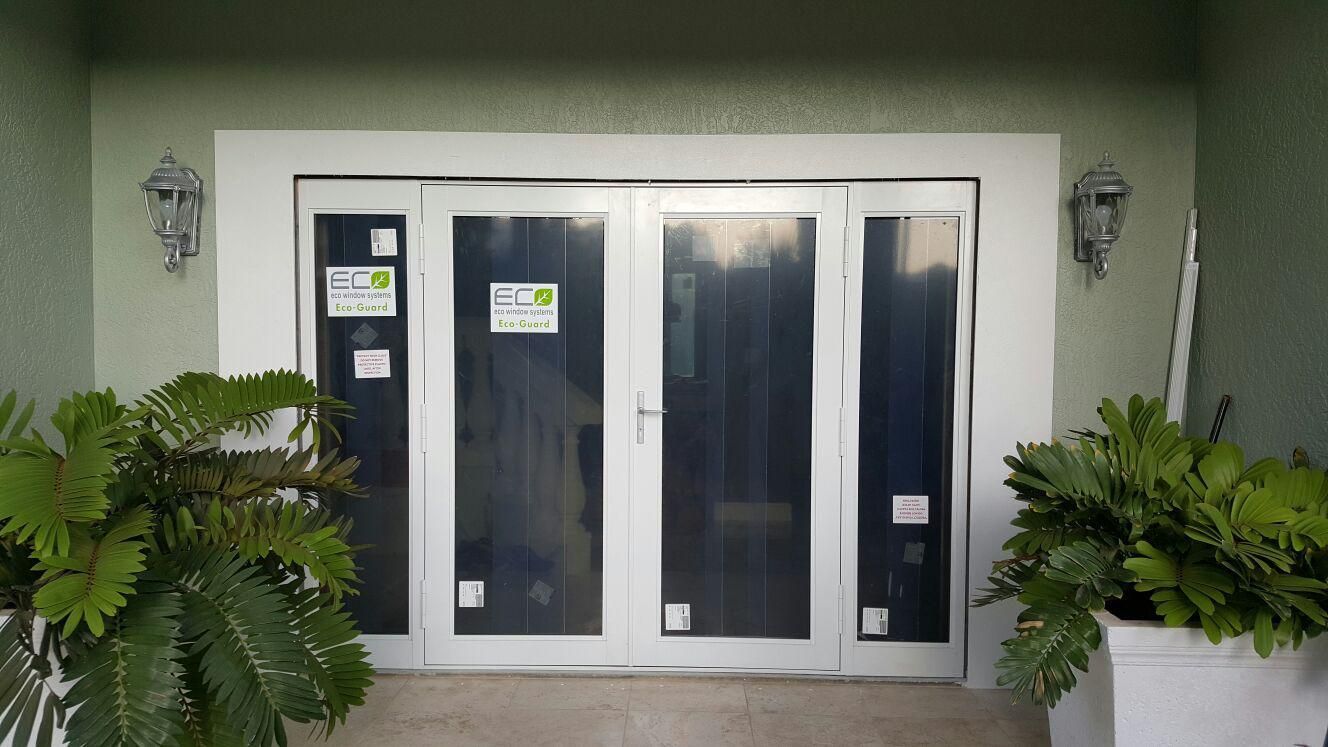Tax-Free Holiday Ending Soon on June 14th!
As the 2024 Atlantic hurricane season is predicted to be very active, it’s essential to be prepared for any potential storms. To help residents of Florida get ready, the state has implemented Disaster Preparedness Sales Tax Holidays.
These holidays offer a great opportunity to purchase necessary supplies without the burden of sales tax.
Don’t Miss the Current Sales Tax Holiday!
The current sales tax holiday runs from June 1st to June 14th, 2024. This means you still have a few days left to take advantage of tax-free shopping for essential hurricane preparedness items. The next sales tax holiday will be from August 24th to September 6th, 2024, so mark your calendars if you miss the current window.
Why Participate in the Sales Tax Holiday?
Forecasters are predicting a very active hurricane season, and recent power outages and damage from tornadoes and strong storms across Florida highlight the importance of being prepared. Building a comprehensive disaster kit is not just for hurricanes but can also be invaluable during other emergencies such as tornadoes, flooding, and extended power outages.
Eligible Items for the Sales Tax Holiday
Here’s what you need to know about the eligible items you can purchase tax-free during the disaster preparedness sales tax holiday:
Disaster Preparedness Sales Tax Holiday
$10 or less
- Dog or cat food if sold individually or the equivalent if sold in a box or case
$15 or less
- Manual can openers
- Collapsible or travel-sized food or water bowls for pets
- Cat litter pans
- Pet waste disposal bags
- Hamster or rabbit substrate
$20 or less
- Reusable ice
- Leashes, collars, and muzzles for pets
- Pet pads
$25 or less
- Cat litter weighing 25 or fewer pounds
$30 or less
- Laundry detergent and supplies: powder, liquid, or pod detergent; fabric softener; dryer sheets; stain removers; bleach
- Toilet paper, paper towels, paper napkins and tissues, facial tissues
- Hand soap, bar soap, and body wash, sunscreen and sunblock
- Dish soap and detergents, including powder, liquid, or pod detergents or rinse agents that can be used in dishwashers
- Cleaning or disinfecting wipes and sprays, hand sanitizer
- Trash bags
$40 or less
- Portable self-powered light sources
- Pet beds
$50 or less
- Portable self-powered radios, two-way radios, or weather-band radios
- Gas or diesel fuel tanks
- Batteries, including rechargeable batteries, listed sizes only: AA-cell, AAA-cell, C-cell, D-cell, 6-volt, 9-volt
$60 or less
- Nonelectric food storage coolers
- Portable power banks
$70 or less
- Smoke detectors or smoke alarms
- Fire extinguishers
- Carbon monoxide detectors
$100 or less
- Tarpaulins or other flexible waterproof sheeting
- Ground anchor systems
- Portable pet kennels or pet carriers
- Dog or cat food weighing 50 or fewer pounds
- Over-the-counter pet medications
$3,000 or less
- Portable generators used to provide light or communications or to preserve food in a power outage
Dates:
- June 1-June 14, 2024
- August 24-September 6, 2024
Visit:
floridarevenue.com/DisasterPrep
Make sure to take advantage of this opportunity to save on essential disaster preparedness supplies before the tax-free period ends on June 14th. Remember, being prepared is the best way to protect your home and family during hurricane season and other emergencies. Stay safe and ready!



